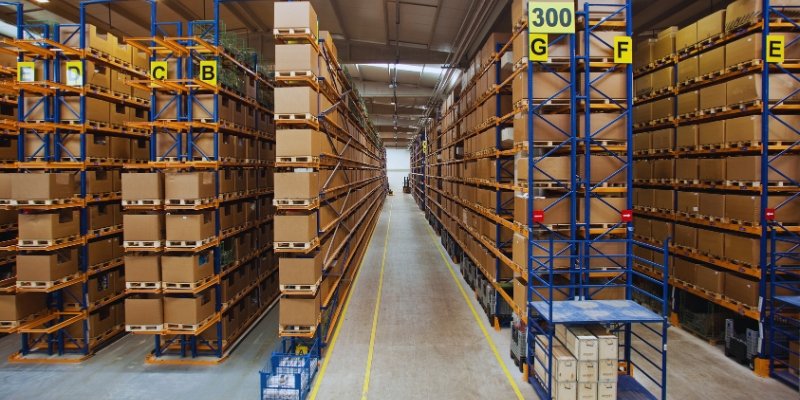Starting a storage business in Singapore can be a lucrative venture, driven by the city-state’s limited space and increasing demand for storage solutions. Whether you are considering self-storage units or specialized storage services, understanding the market, regulations, and operational strategies is crucial for success.
Understanding the Market

Singapore’s geographic constraints lead to a high demand for storage spaces. With urban living conditions becoming more compact, individuals and businesses alike seek out storage solutions for their excess belongings. According to industry reports, the self-storage market in Singapore has seen significant growth, with major players like Storefriendly and Lock+Store leading the way. These companies offer various storage options, catering to both personal and commercial needs, which can serve as inspiration for new entrants in the market Storefriendly and Lock+Store.
Legal and Regulatory Framework

Before launching your storage business, it’s essential to familiarize yourself with Singapore’s regulatory environment. The Urban Redevelopment Authority (URA) oversees land use and zoning, which can affect where you can establish your storage facility. Additionally, businesses must comply with safety regulations set by the Singapore Civil Defence Force (SCDF), particularly regarding fire safety standards in storage facilities. A thorough understanding of these regulations will help you avoid legal pitfalls and ensure a smooth operational process URA and SCDF.
Choosing the Right Location

Location is a critical factor in the success of a storage business. Areas with high population density or proximity to commercial hubs tend to attract more customers. Conducting market research to identify underserved areas can provide a competitive advantage. Consider accessibility, visibility, and security when selecting a site. Being near residential neighborhoods can attract individual customers, while proximity to businesses can cater to corporate clients needing storage solutions for inventory or equipment Singapore Statistics.
Types of Storage Solutions

When starting your storage business, you can choose from various types of storage solutions:
Self-Storage Units: These allow customers to rent space to store their belongings. They offer flexibility in terms of size and rental duration.
Climate-Controlled Storage: Ideal for sensitive items like electronics, art, or documents, these units maintain a stable temperature and humidity level.
Specialized Storage: This includes options for vehicles, boats, or business inventory. Tailoring your services to niche markets can set you apart from competitors.
Mobile Storage: Offering portable storage units that can be delivered to customers’ locations can add convenience and attract a broader clientele.
Marketing Strategies

Effective marketing is vital for attracting customers to your storage business. Utilize digital marketing strategies, such as search engine optimization (SEO) and social media advertising, to reach potential clients. Create a user-friendly website that highlights your services, pricing, and customer testimonials. Offering promotions or discounts for first-time customers can also incentivize trial and build a loyal customer base.
Networking with local businesses and real estate agents can provide referrals and enhance your visibility in the community. Additionally, consider partnerships with moving companies to create bundled service offerings SME Portal.
Operational Considerations

Once your business is set up, focus on operational efficiency. Implement a robust inventory management system to keep track of rented units and customer belongings. Invest in security measures, such as surveillance cameras and access control systems, to protect your customers’ items and build trust in your brand.
Customer service is another crucial aspect. Providing excellent service can lead to positive reviews and word-of-mouth referrals. Consider offering flexible rental terms and easy online booking to enhance customer satisfaction and streamline operations.
Financial Planning and Funding

Starting a storage business requires significant initial investment, including property leasing, renovations, and marketing. Developing a detailed business plan that outlines your financial projections, funding sources, and operational costs will be essential. Consider seeking financing options such as small business loans or partnerships with investors to secure the necessary capital for your venture Enterprise Singapore.
Conclusion
Starting a storage business in Singapore presents a valuable opportunity, given the city’s unique demands and market dynamics. By understanding the legal framework, choosing the right location, offering diverse storage solutions, and implementing effective marketing strategies, you can position your business for success. With careful planning and a customer-focused approach, your storage business can thrive in Singapore’s competitive landscape.






